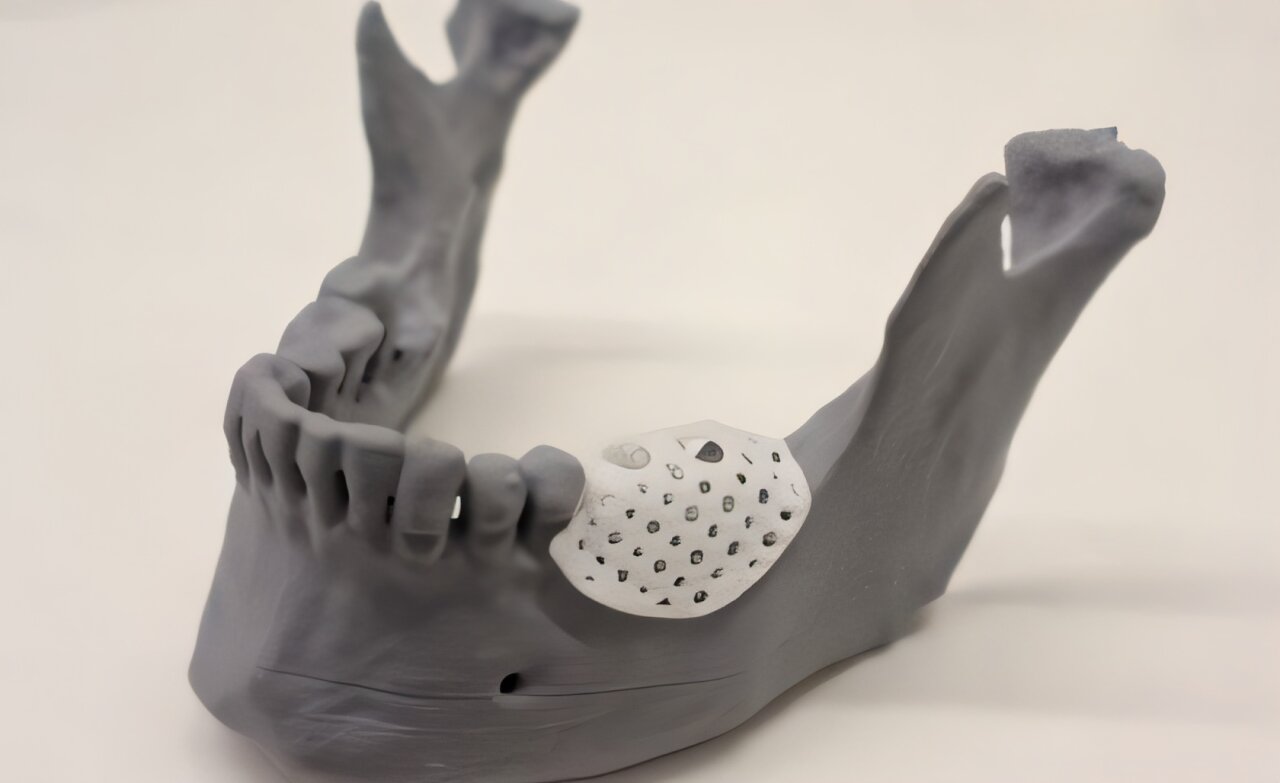
Could the incidence of preterm births be lowered by chewing gum? New research suggests yes. Results from a study in Malawi showed that chewing gum containing xylitol, a naturally occurring alcohol sugar, was associated with a 24% reduction in preterm birth. The findings were published Nov. 13 in Med.
Researchers found that the group of pregnant individuals randomized to receive chewing gum also saw a 30% drop in low-birthweight babies, when compared with the control group which did not receive xylitol gum, noted lead author Dr. Greg Valentine, associate professor of pediatrics at the University of Washington School of Medicine.
“It surprised us all that such a simple intervention could have such a dramatic effect,” said Valentine.
The study followed two randomly selected groups of patients over three years in Malawi with over 10,000 participants, noted senior author Dr. Kjersti Aagaard, medical director of HCA Healthcare, who started the study at Baylor University.
A total of 4,549 patient participants received the xylitol chewing gum intervention while 5,520 the control group received traditional counseling and medication. The study was conducted from May 2015 to October 2018. The data analysis and follow-up was completed in October 2021.
Previous research has shown that, during pregnancy, periodontal disease (also known as gum disease) is associated with a two- to threefold increase in risk for preterm birth and low-birthweight delivery.
While little evidence exists to identify the mechanism behind this link, it might be explained by the inflammatory response associated with periodontal disease, or through the spread of bacteria from the mouth through the bloodstream to organs throughout the body, the researchers surmised.
In humans, 1 mm of dental plaque contains 100 million bacteria, including pathogens. These bacteria can cause infection and inflammation throughout the body, the report stated.
Xylitol is a naturally occurring sugar alcohol sweetener used in chewing gum, lozenges and candies that have probiotic properties. Studies have shown that xylitol can both reduce the growth of bacteria strongly associated with periodontal disease and independently reduce inflammation in gum tissues, researchers noted.
In the Prevention of Prematurity and Xylitol trial, participants were enrolled before they became pregnant and in early pregnancy (before 20 weeks gestation) and followed until birth. Trying to treat periodontal disease via traditional methods, such as deep cleaning to remove plaque under the gum tissue, and encouraging the use of toothbrushes and toothpaste, is difficult in low-resource countries due to lack of supplies, shortages of health care workers, and the lack of clean running water, Valentine said.
A simple intervention like chewing gum helps overcome those issues by improving oral health in a more accessible manner, he said.
The individuals enrolled in the trial in eight Malawi health centers chewed xylitol-containing gum from early pregnancy until delivery.
“Basically, we know that periodontal disease is associated with preterm birth,” Valentine said. “This is particularly significant in Malawi, since about 70% of the pregnant individuals suffer from gum disease.”
Malawi has one of the highest incidences of preterm birth worldwide, with preterm birth occurring in up to 20% of births, the researchers noted. Preterm birth is the leading cause of death worldwide for children under 5, the report noted.
Valentine is leading another Malawi trial, the Prevention of Developmental Delay and Xylitol study. It follows 1,000 children born during the initial trial to study neurodevelopmental outcomes between 4 and 8 years of age.
That study seeks to evaluate whether xylitol in pregnancy affects the children’s development, growth, hearing and vision. The study is important to ensure no long-term harm occurred to children exposed to xylitol, Valentine said. Those results are expected in 2027.
The researchers plan to test the xylitol-gum intervention in pregnancies in lower-resourced communities in the Seattle area, he added.
More information:
Gregory C. Valentine et al, A cluster randomized trial of xylitol chewing gum for prevention of preterm birth: The PPaX trial, Med (2024). DOI: 10.1016/j.medj.2024.10.016
Citation:
Chewing xylitol gum linked to decrease in preterm birth (2024, November 14)
retrieved 14 November 2024
from https://medicalxpress.com/news/2024-11-xylitol-gum-linked-decrease-preterm.html
This document is subject to copyright. Apart from any fair dealing for the purpose of private study or research, no
part may be reproduced without the written permission. The content is provided for information purposes only.




